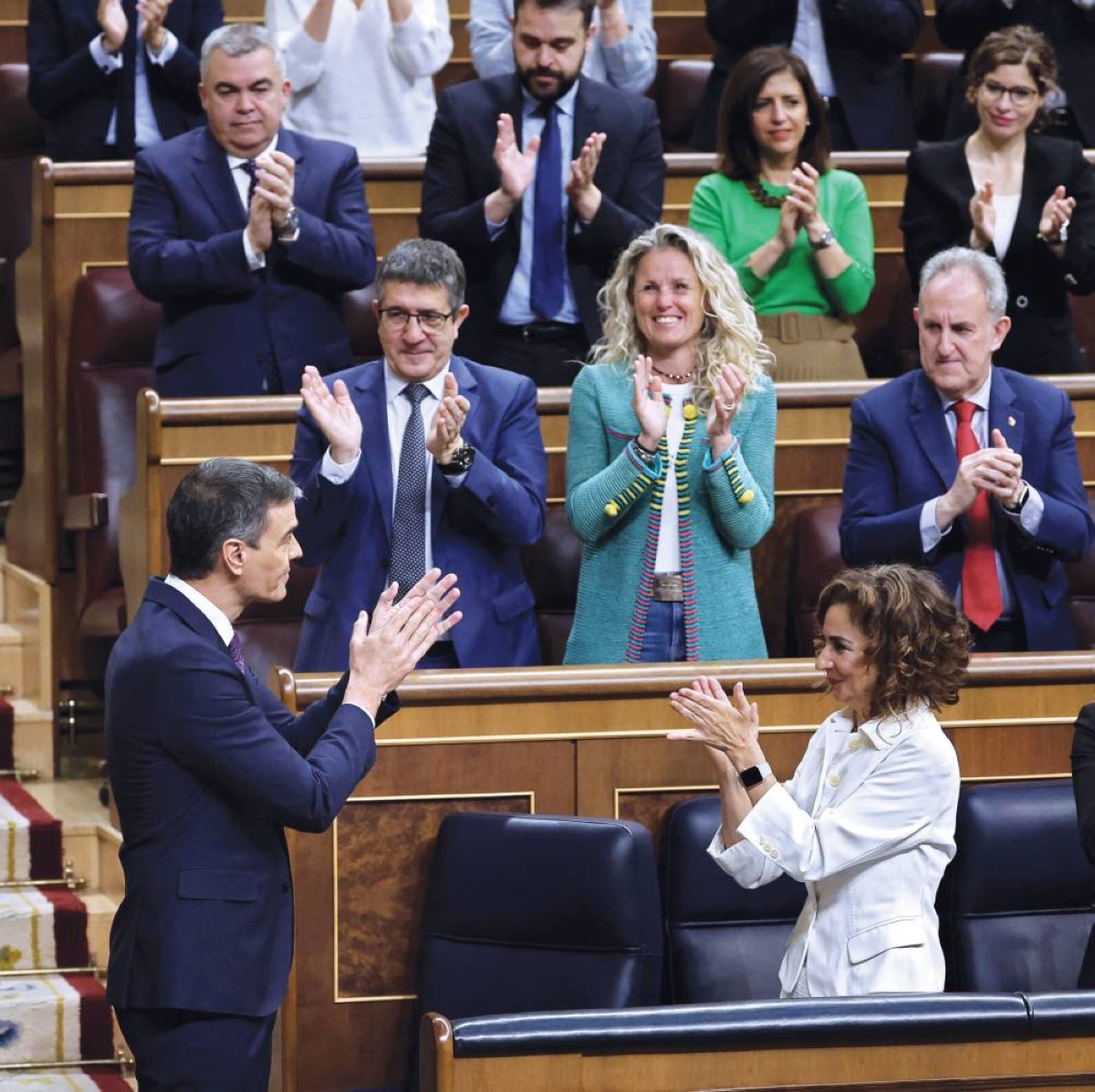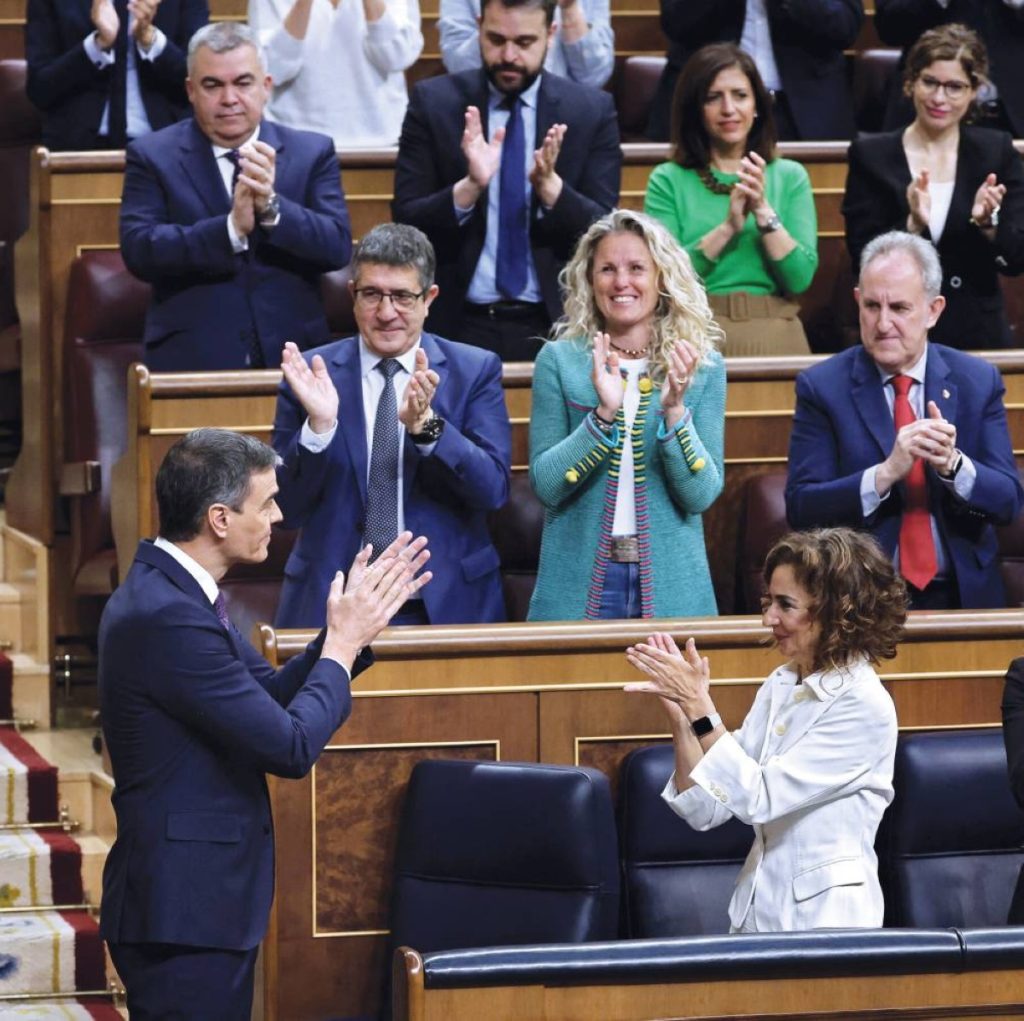Spanish Prime Minister Pedro Sánchez, raising his tone in criticizing Europe’s response to the Gaza war as a “failure,” has expanded the already heated debate, expressed in increasingly louder voices criticizing Israel, alongside successive announcements regarding recognition of the Palestinian state.
This rhetoric, coming from the capital of a central EU member, has transformed the moral accusation into a practical political agenda within Brussels, where Sánchez told the British newspaper “The Guardian” that the double standards between Ukraine and Gaza threaten the West’s global credibility, with pressure inside EU institutions to suspend the strategic partnership with Israel.
While Sánchez expresses happiness at other European countries following Spain’s lead in recognizing the State of Palestine, he simultaneously objects to Europe’s weak response to the crisis. He asserts that this hesitation constitutes a grave failure.
This includes Madrid’s call to suspend arrangements with Israel, seen as a direct signal that the “partnership agreement” file is no longer a red line. Norwegian warnings take this path beyond the EU, indicating that the image of the “hypocritical West” weakens the Global South’s alignment with Kyiv’s narrative on the war, thus pressuring Europeans to rebalance Gaza to restore moral capital. This generates less maneuvering space for Israel in multilateral institutions.
The accumulation of positions from Spain, Belgium, then Norway, and shifts in Paris and Berlin, raises the likelihood of proposing practical European tools, such as activating human rights clauses in the partnership agreement, tightening arms and spare parts inspections.
Possibly imposing restrictions on settlement products or judicial and diplomatic measures supporting legal proceedings in The Hague. These options were theoretically proposed and have become “voteable.”
Therefore, it can be said that the equation has changed noticeably, as criticizing Israel in Europe is no longer politically costly, and each additional day of a war without a path increases the likelihood of concrete European measures regarding arms, trade, judiciary, and recognition of the Palestinian state, meaning the cost of continuing the war without a political path rises for Israel, at least deeper isolation in Europe.














Recommended for you
Talib Al-Rifai Chronicles Kuwaiti Art Heritage in "Doukhi.. Tasaseem Al-Saba"
Exhibition City Completes About 80% of Preparations for the Damascus International Fair Launch
Unified Admission Applications Start Tuesday with 640 Students to be Accepted in Medicine
Egypt Post: We Have Over 10 Million Customers in Savings Accounts and Offer Daily, Monthly, and Annual Returns
His Highness Sheikh Isa bin Salman bin Hamad Al Khalifa Receives the United States Ambassador to the Kingdom of Bahrain
Al-Jaghbeer: The Industrial Sector Leads Economic Growth